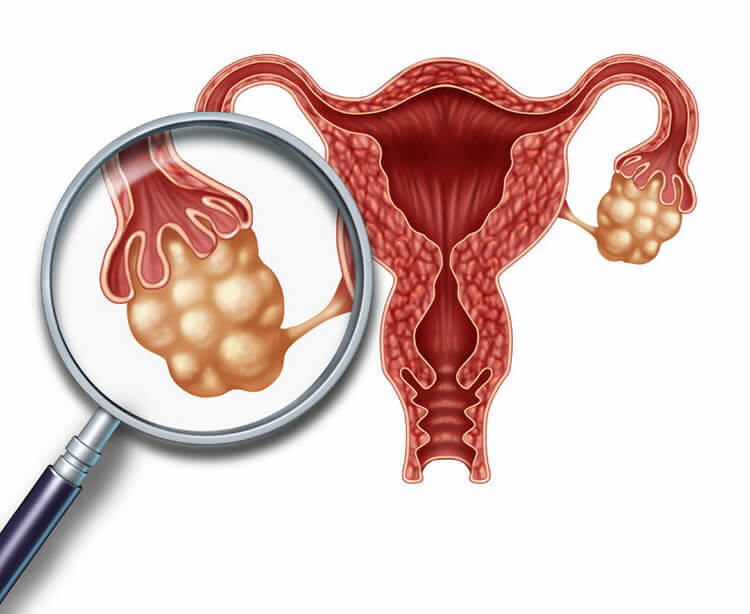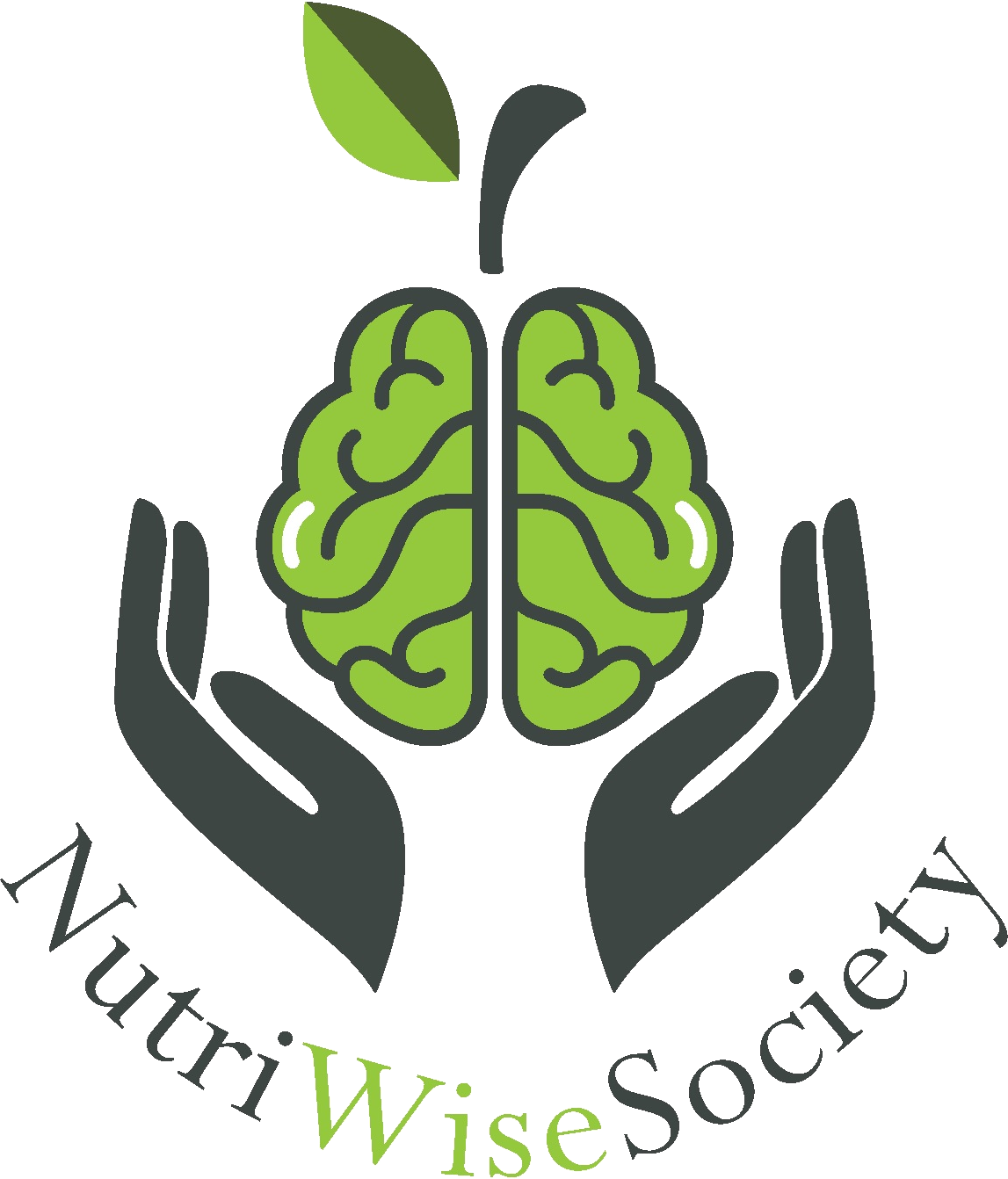Articles

Polycystic Ovary Syndrome (PCOS)
What is PCOS?
PCOS is a common endocrine disorder among women, characterized by the presence of cysts on one or both ovaries.
Causes
While the exact cause is unknown, several factors may contribute to PCOS, including:
- High insulin levels in the blood
- Genetic predisposition
- Elevated androgen levels
- Lifestyle factors such as smoking and a sedentary lifestyle
Symptoms of PCOS
- Irregular menstrual cycles
- Hair loss
- Difficulty maintaining weight
- Acne
Complications
- Insulin resistance or diabetes
- Weight gain
- High blood pressure
- Elevated blood lipids
Treatment for PCOS
A doctor may prescribe medication, but lifestyle changes are essential for managing PCOS. This includes:
- Regular physical activity
- A low glycemic index (GI) diet
- Weight reduction if overweight
- Quitting smoking
Tips to Increase Physical Activity
- Use stairs instead of elevators
- Park farther away and walk to your destination
- Engage in activities with family or friends, like cycling
- Choose at-home exercises such as jump rope
Glycemic Index (GI)
The GI indicates how quickly food raises blood sugar levels after meals.
Foods are categorized into three GI levels:
- Low GI (≤55)
- Medium GI (56-69)
- High GI (≥70)
Examples of Foods by Glycemic Index
| Low GI Foods | Medium GI Foods | High GI Foods |
|---|---|---|
| Quinoa | Couscous | White bread |
| Pasta | Apricots | Bagels |
| Milk | Rye bread | Potatoes |
| Oats | Pineapple | Watermelon |
| Oranges | Ice cream | Breakfast cereals without added sugar or fruits |
| Bulgur | Grapes | Honey |
| Bran bread | Brown rice | Soft drinks |
| Lentils | Raisins | Instant rice and pasta |
| Boiled sweet potatoes | Beets | Parsnips |
| Cooked beans | Oat cakes |
References:
- Faghfoori, Zeinab & Fazelian, Siavash & Shadnoush, Mahdi & Goodarzi, Reza. (2017). Nutritional management in women with polycystic ovary syndrome: A review study. Diabetes & Metabolic Syndrome: Clinical Research & Reviews. 11 Suppl 1. 10.1016/j.dsx.2017.03.030.
- https://www.rubadiet.com/%d8%a7%d9%84%d9%85%d8%a4%d8%b4%d8%b1-%d8%a7%d9%84%d8%ac%d9%84%d8%a7%d9%8a%d8%b3%d9%8a%d9%85%d9%8a/
